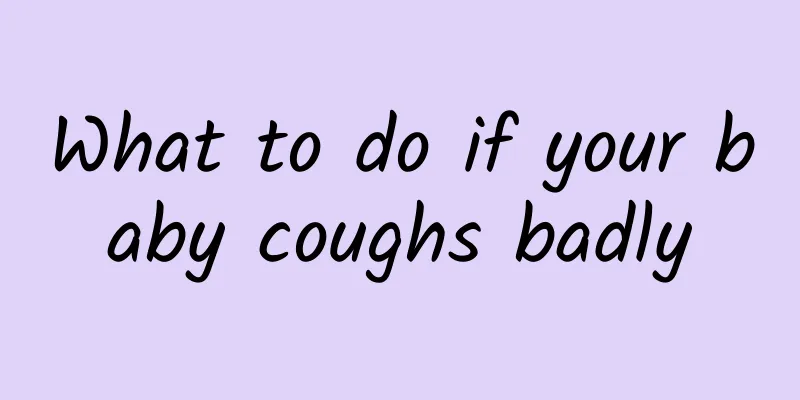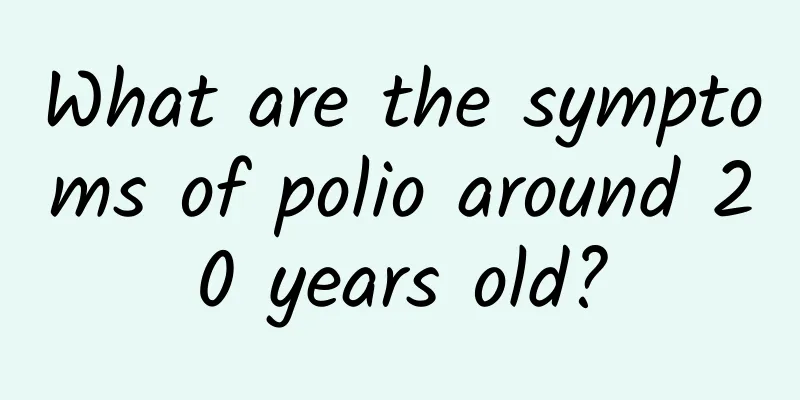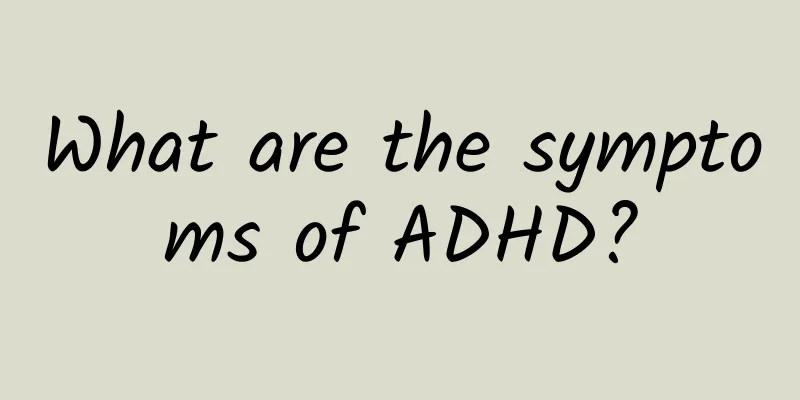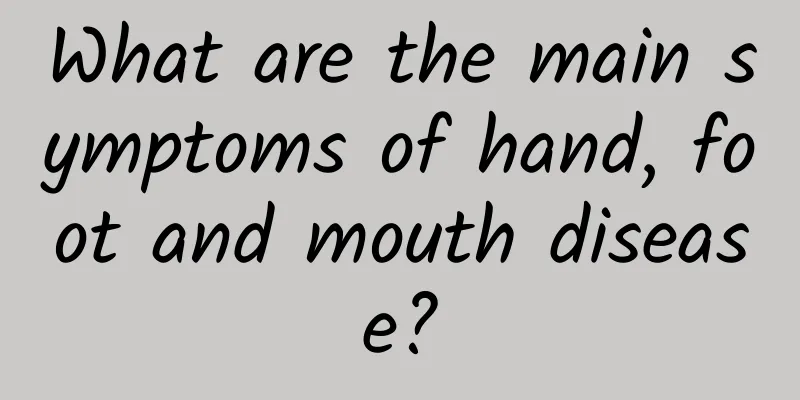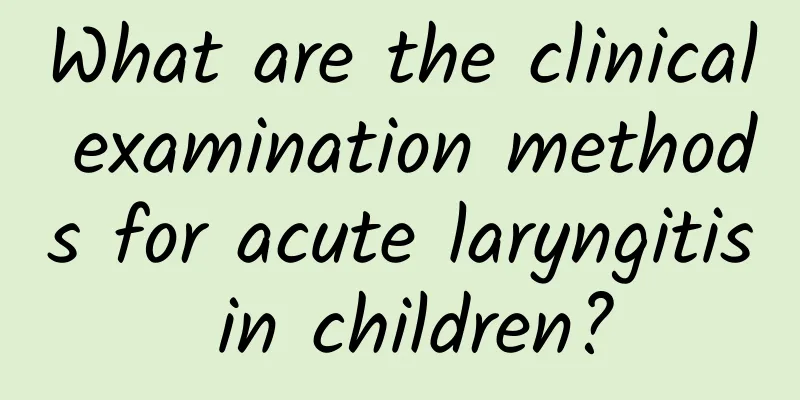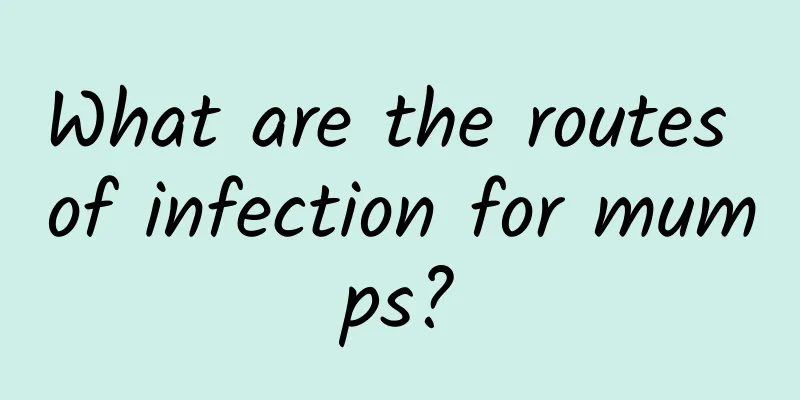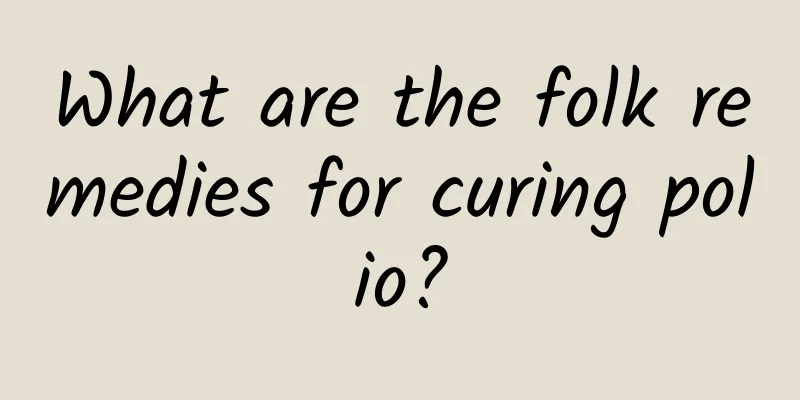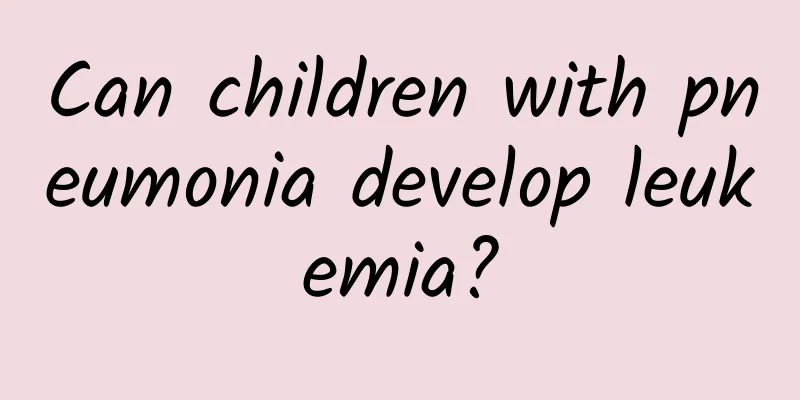How to treat hand, foot and mouth disease in a 4-year-old child
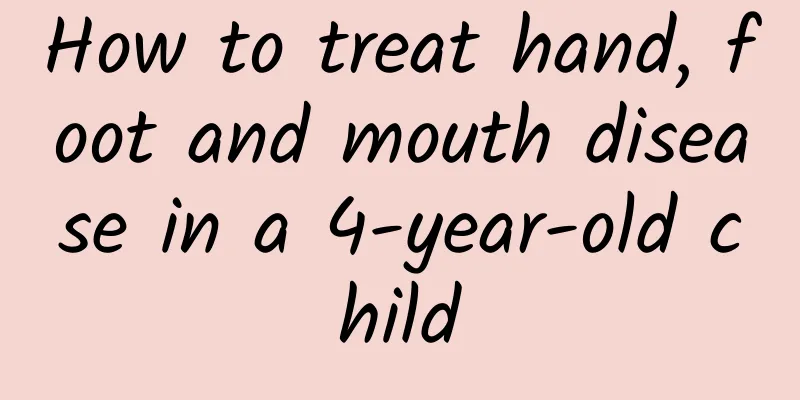
|
Hand, foot and mouth disease in 4-year-old children is mostly caused by viral infection. Symptomatic treatment should be given, and good hygiene habits should be maintained to avoid cross infection. Specific treatment may include medication, home care and diet adjustment. If the symptoms are severe, medical treatment should be sought promptly. 1. Drug treatment Hand, foot and mouth disease is mostly caused by infection with coxsackievirus or enterovirus 71. There is no specific medicine for it, and treatment is generally based on symptoms. If a child has a fever, he or she can take children's antipyretics such as acetaminophen or ibuprofen as prescribed by the doctor; if oral ulcers are obvious, children's local analgesic gels such as lidocaine gel can be used to relieve discomfort; if the rash is itchy, antihistamines such as loratadine syrup can be selected. It is not recommended to give children antibiotics on their own, and they should only be used when the doctor confirms that there is a bacterial infection. 2Home Care During the treatment process, home care is particularly important. Children should be allowed to rest more and avoid strenuous activities; keep their mouths clean and rinse their mouths with warm water after meals and before going to bed to prevent bacteria from infecting the ulcer area; use warm water to gently rinse the body when bathing to avoid irritating the rash; parents should change their children's underwear and bedding on time every day to avoid bacterial growth. Children should try to limit contact with other children to prevent transmission to others or secondary infection. 3. Diet adjustment Hand, foot and mouth disease is often accompanied by oral ulcers or sore throat, so children may have difficulty eating. It is recommended to prepare warm, soft, and easily digestible food for children, such as porridge, noodles, or stewed eggs, and avoid hot, salty, and sour foods to reduce irritation to the oral mucosa. At the same time, children should be encouraged to drink more water to replenish body fluids and avoid dehydration caused by fever and reduced food intake. It is advisable to feed small amounts and multiple times to avoid forced feeding, which will affect the child's mood. Hand, foot and mouth disease can usually heal itself within 7-10 days, but if a child has severe symptoms such as persistent high fever, lethargy, shaking limbs or convulsions, he or she should go to the hospital immediately. Parents should pay attention to the prevention and control of the disease, such as washing hands frequently, cleaning toys and tableware, and avoiding taking children to crowded places during the epidemic to provide solid protection for their health. |
<<: Symptoms of jaundice caused by neonatal hepatitis
>>: Vitamins for treating convulsions in children and vomiting during pregnancy
Recommend
What are the symptoms of herpes simplex virus pneumonia? 3 symptoms of herpes simplex virus pneumonia
What are the symptoms of herpes simplex virus pne...
Does ADHD require medication?
Do children with ADHD need medication? In the pas...
Do all newborns have symptoms of patent ductus arteriosus?
Not all newborns will have symptoms of patent duc...
What causes hernia in children?
Treatment of hernias in children includes surgica...
Symptoms and hazards of neonatal jaundice
Severe jaundice in a newborn requires immediate m...
Can people with hand, foot and mouth disease use air conditioning?
Air conditioning is allowed during the period of ...
What medicine is good for treating a child's cough caused by measles?
Measles generally refers to the measles virus. Wh...
What is the syrup used in western medicine to treat children's colds?
Children's colds can usually be treated with ...
How to treat ADHD in children? What should be paid attention to in the diet of ADHD in children?
Attention deficit hyperactivity disorder in child...
What are the common causes of indigestion in children? What should be paid attention to in preventing indigestion in children?
Infant indigestion refers to symptoms of digestiv...
What are the methods of nursing diagnosis for poliomyelitis?
Polio is an acute infectious disease, but since t...
What causes hand, foot and mouth disease in children?
Hand, foot and mouth disease in children is an ac...
Is repeated infection of Mycoplasma pneumoniae in children serious?
Repeated infection with Mycoplasma pneumoniae in ...
Pay attention to the strange bump on your child's stomach - hernia in children
Nowadays, every child is an infant, and the whole...
What is the best medicine for baby eczema? What should be paid attention to when taking medicine for baby eczema?
The baby's skin is very delicate, so it is ea...
